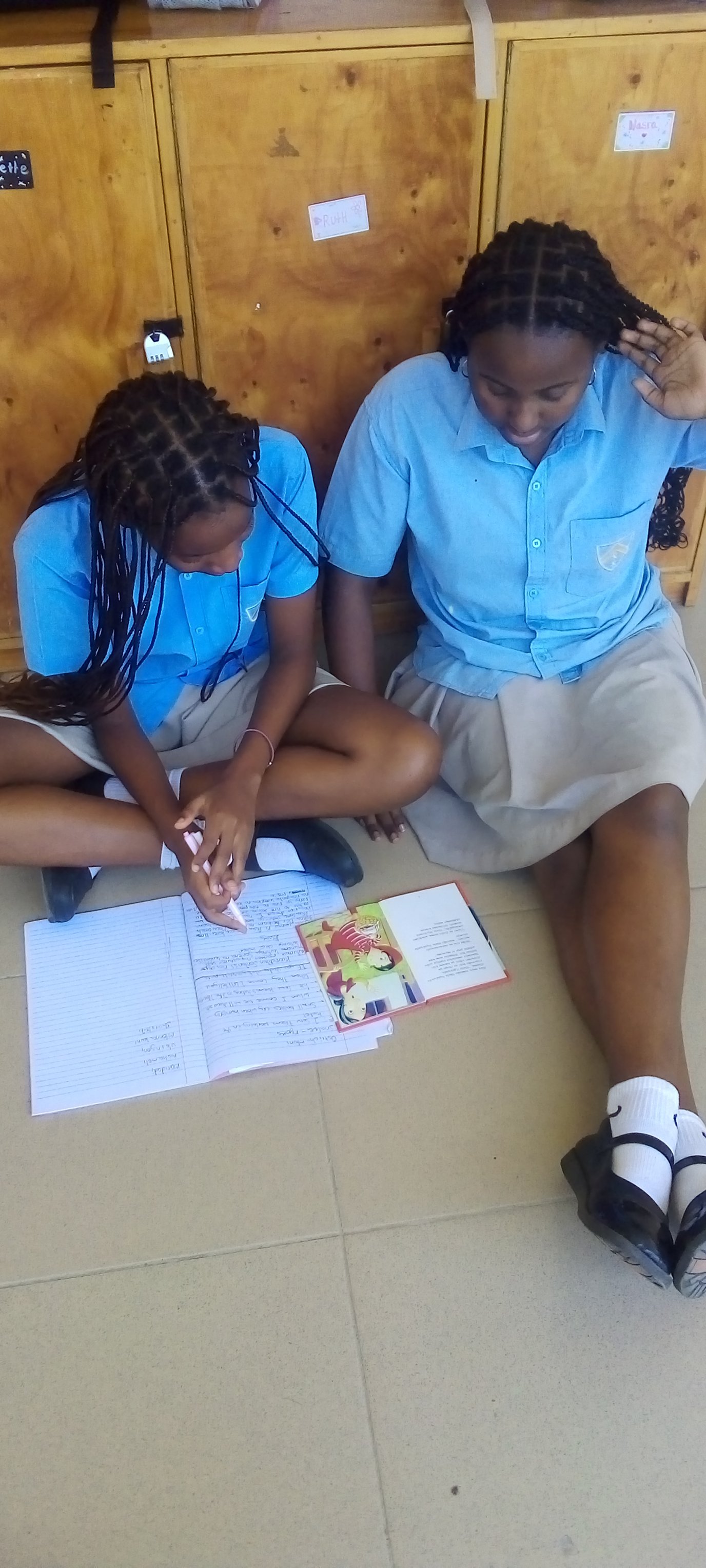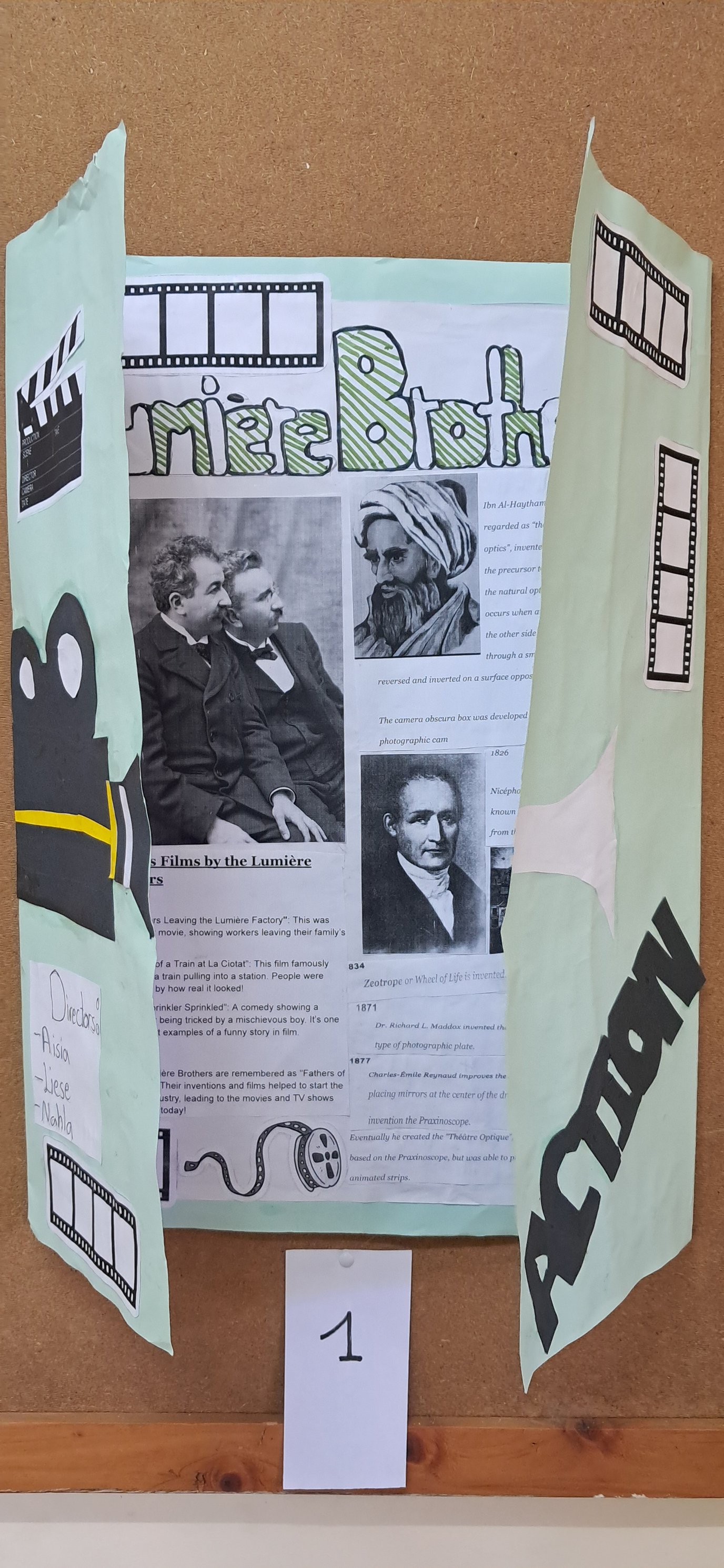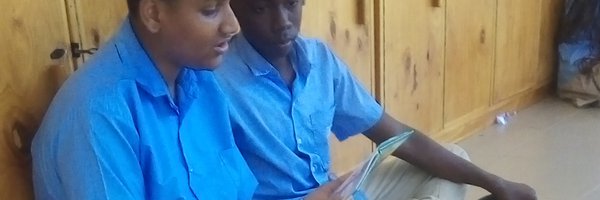
Languages
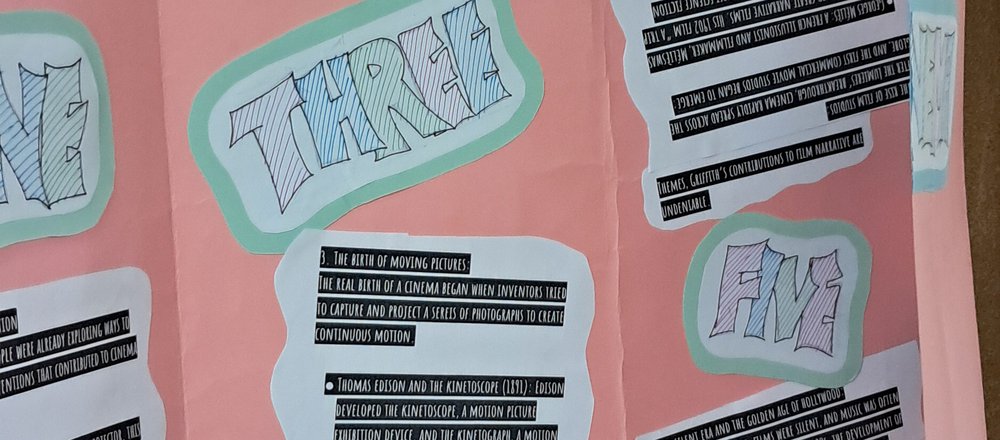
25th November 2024
French
This term, KS3 students have benefited from building on the foundation established in previous sessions through the updated French curriculum.
Year 7 has made excellent progress in understanding the mechanics of French spelling and accents. Students are able to answer simple questions fluently and provide basic information about themselves, their siblings, and their hobbies.
Year 8 is preparing for similar assessments, concentrating on expressing and understanding more complex sentences.
Year 9 has focused on assessments in grammar and reading, showing notable advancements in these areas. A variety of engaging resources are being utilised, including videos for projects about the birth of photography and cinema in France during the last century.
Meanwhile, Years 10 and 11 are actively working through the iGCSE syllabus in preparation for upcoming exams. Year 10 is concentrating on self-expression and sharing personal information, while Year 11 focuses on regular exam practice and grammar acquisition. To break the monotony of exam preparation in KS4, a variety of resources such as video clips, interactive online tasks are being used in addition to more traditional materials.
Overall, the term has been highly productive and encouraging for French language learners.
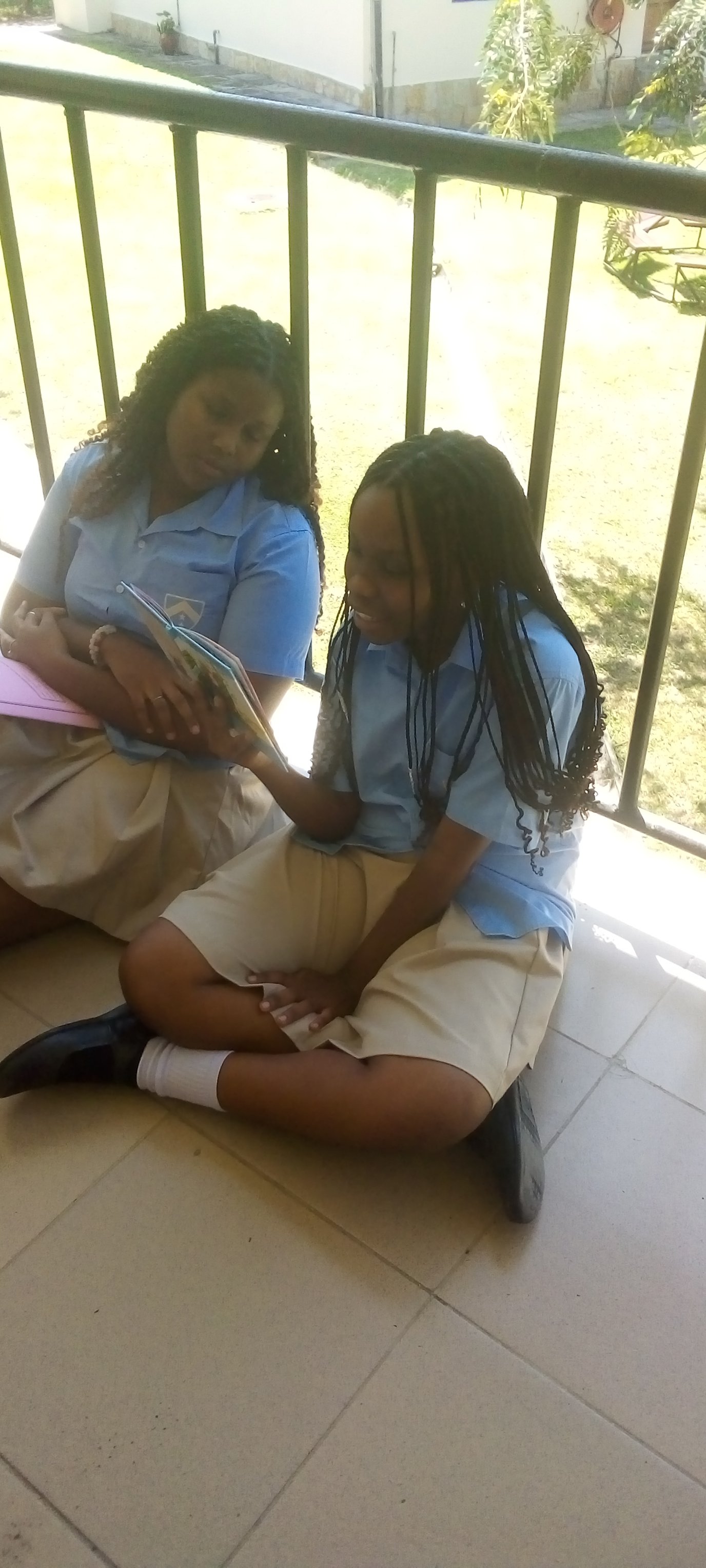
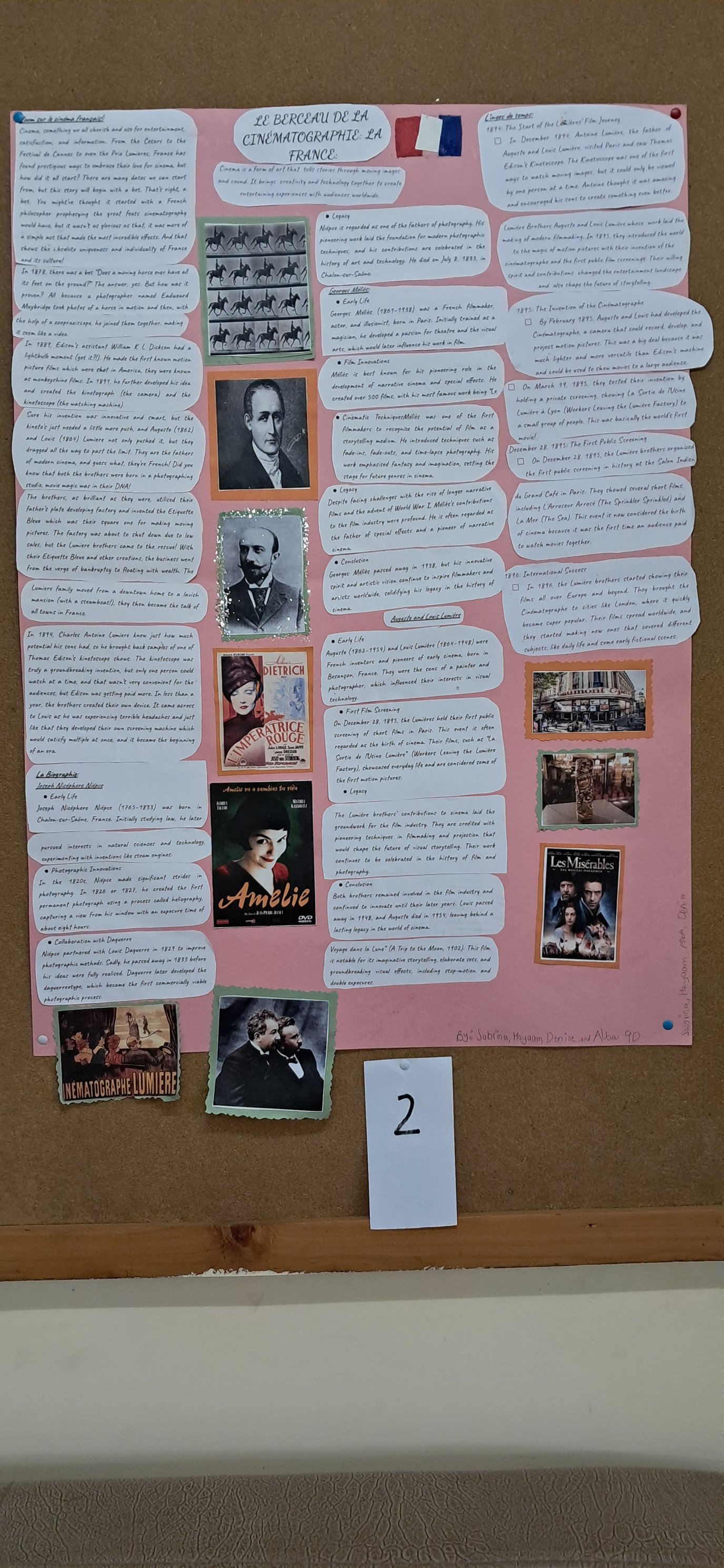
Kiswahili
This term, secondary Kiswahili classes have been dynamic, with students enhancing their vocabulary, sentence construction, and cultural understanding at each level.
Year 7 students have embarked on an exciting Kiswahili journey, starting with self-introductions and diving into vocabulary for places around the home and household items. Along the way, they’ve tackled grammar essentials, mastering sentence construction using personal pronouns in past, present, and future tenses, as well as their negative forms. This blend of practical vocabulary and core grammar skills is empowering students to express themselves confidently in everyday Kiswahili conversations.
Year 8 students have had a busy term, expanding their skills with a focus on questioning words and their uses, vocabulary for body parts, and telling time in Kiswahili. They've also worked on reading comprehension activities and practised constructing negative sentences across various tenses. These language elements are building their ability to engage in deeper conversations and understand complex texts, helping them communicate more fluently and confidently.
Year 9 students have been enriching their Kiswahili vocabulary with words related to the environment, natural physical features, and animals. They’ve also developed their writing skills by constructing short paragraphs and practising antonyms and synonyms. Through reading comprehension exercises, they’ve enhanced their understanding of texts, and they are now exploring different countries and cultures to broaden their linguistic and cultural awareness.
